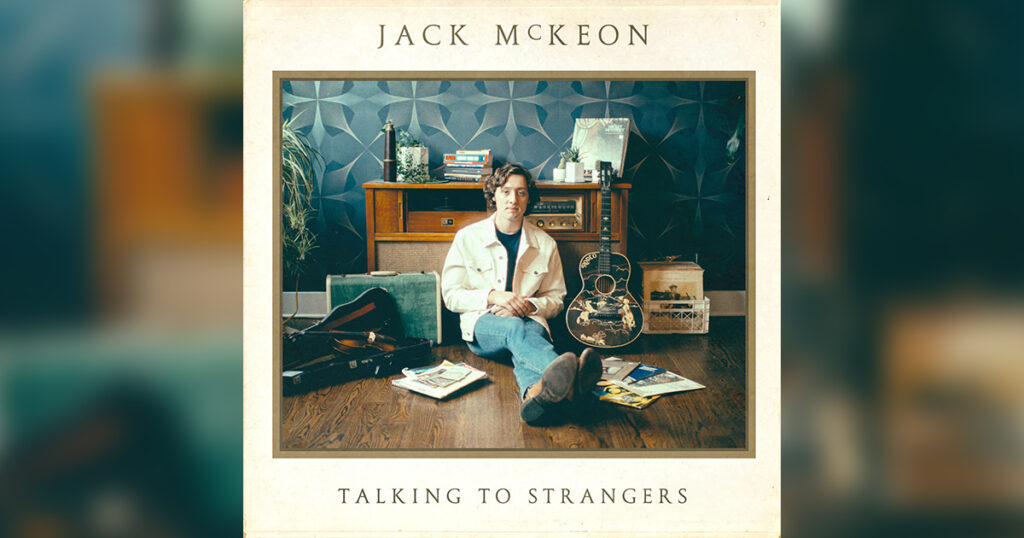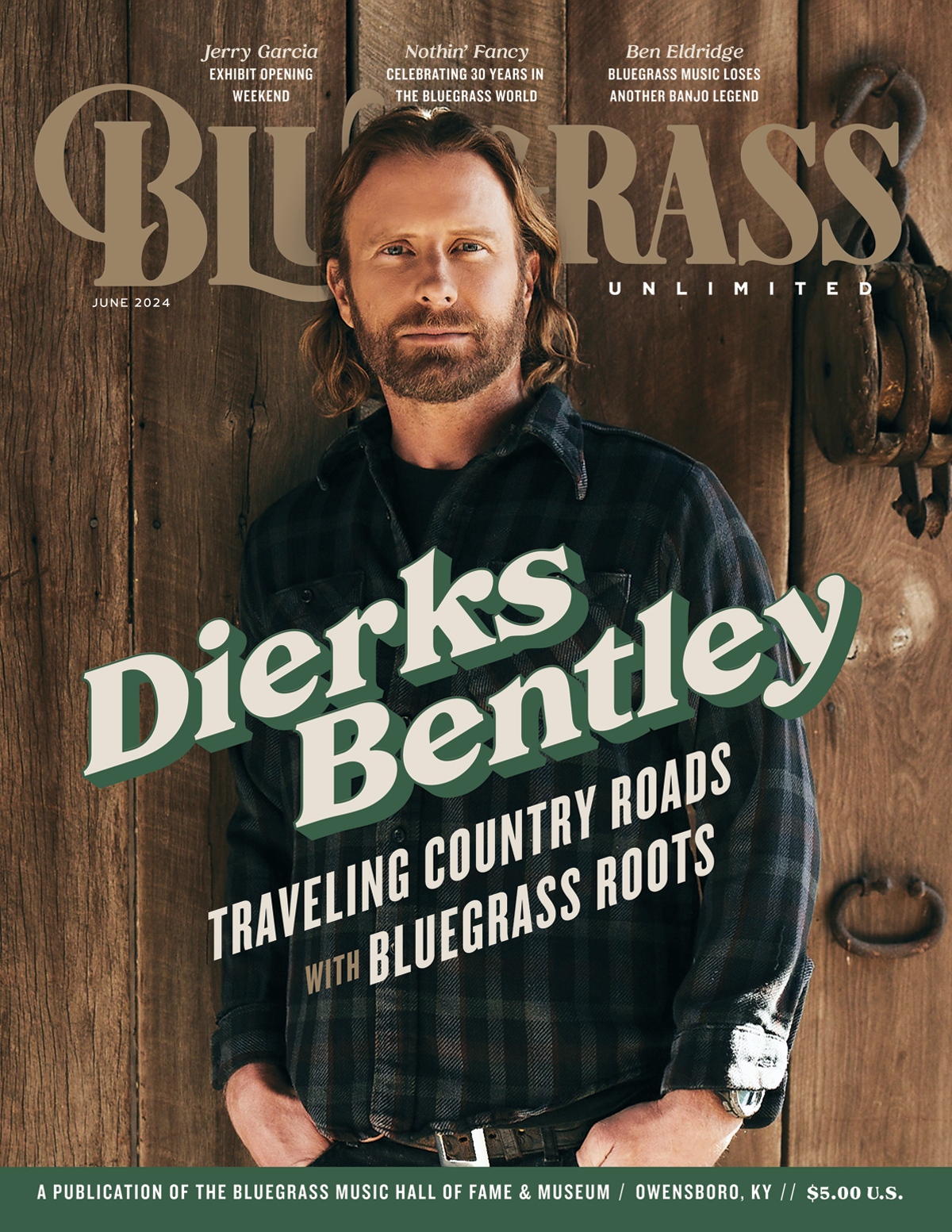Talking To Strangers
Singer-songwriter Jack McKeon makes a big impression on his debut album. Drawing on influences ranging from John Hartford and John Prine to Guy Clark and Hal Ketchum, McKeon has perfected the gift of finding pathos and drama in everyday occurrences, conversations and meditations. He does it in a style that’s unique and captivating with eminently quotable lyrics and an almost conversational vocal style.
Set to a whimsical bluegrass arrangement, the song “Willow Lane,” for instance, has a dream-like quality as a man muses about a mysterious former occupant of the house where he lives: a complete stranger who left behind little but collection notices and an empty dog house in the yard. In his composition, even the old house itself with its cracked walls and crooked windows becomes a character.
McKeon’s compassionate sketches of small-town outsiders are particularly vivid – whether it’s the hardscrabble farmers displaced by suburbanization in “Highway 29” and “Slice of Heaven” or the misunderstood local savant in “Waffle House Wonder.”
He’s an honor roll student
of the home school
At the top of his class, born an only child
Sometimes when you’re first,
you’re last
But his mama always told him
He was somewhere between
normal and strange
In a world of fitting in
he wasn’t meant to be the same
“Crooked Teeth” is a poignant vignette about the lives of a waitress and customer in a diner that overlap without quite connecting. “I Don’t Trust You” is a pointed, yet surprisingly gentle declaration to a capricious significant other.
A gentle sense of optimism pervades even the uneasiest of these songs. It comes through clearly on “Love at the End of the World,” which is, appropriately, the final song on Talking to Strangers. Here, McKeon poses the hopeful rhetorical question:
’Cause if it really is the end
of all that was
Is it really that bad to fall in love?
At the end of the world?

